Maggie Gyllenhaal partners with Autograph Collection Hotels to empower female screenwriters
‘Woolf says we need money and a physical space of our own,' Maggie told Marie Claire's Jenny Proudfoot. 'But I think she also means you need space in your mind in order to express what’s inside it.'
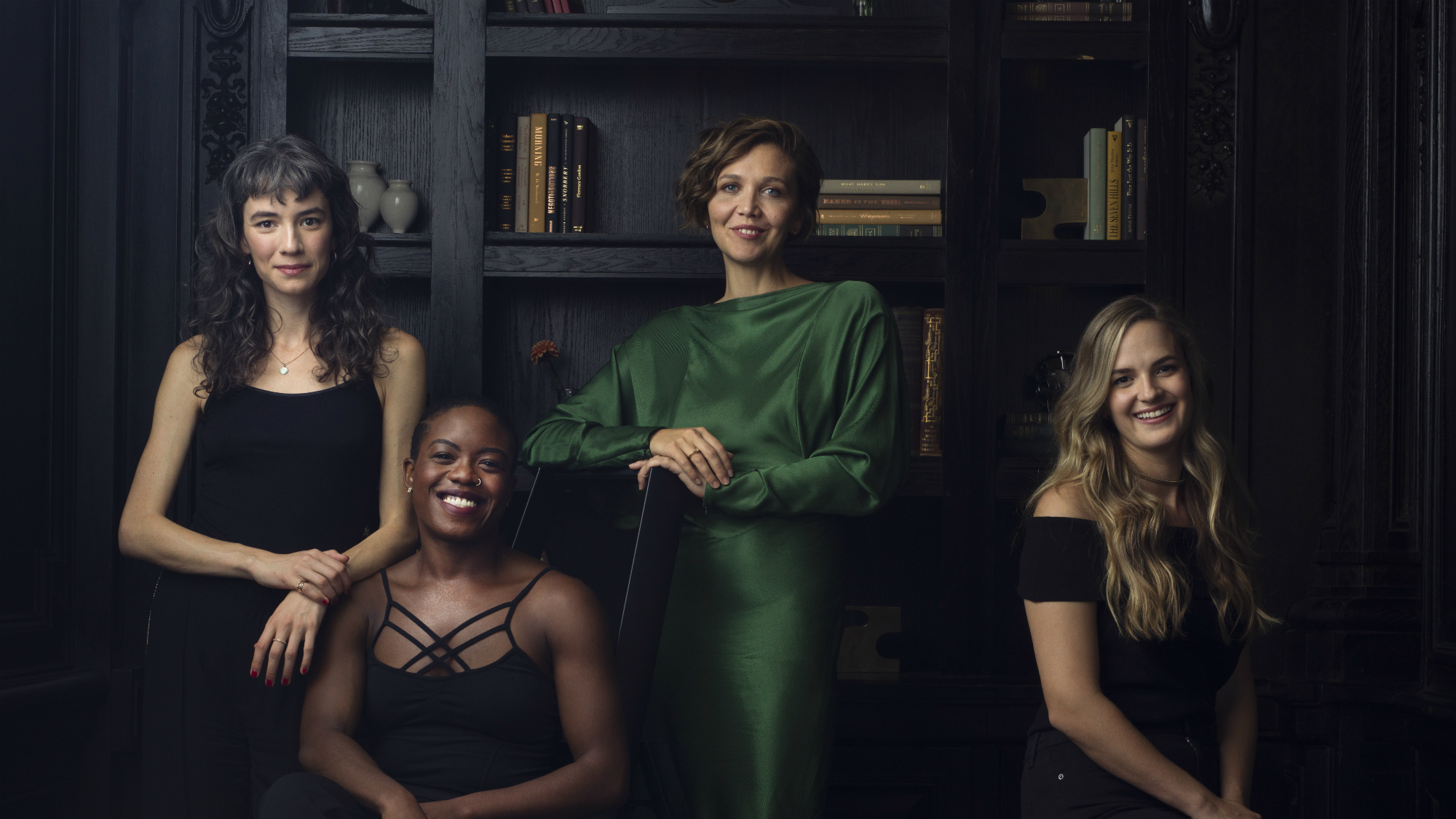

‘Woolf says we need money and a physical space of our own,' Maggie told Marie Claire's Jenny Proudfoot. 'But I think she also means you need space in your mind in order to express what’s inside it.'
Virginia Woolf may have written her infamous feminist essay A Room of One’s Own almost 90 years ago, but her words undoubtedly still ring true. In fact, they are so influential that they are even making change today.
Academy award nominated actress and producer Maggie Gyllenhaal was inspired by Woolf’s theory that in a male-dominated literary world, ‘a woman must have money and a room of her own if she is to write fiction’. So, partnering up with boutique hotel brand Autograph Collection Hotels, Maggie (Independent Film Advisor to the brand’s Indie Film Project) got involved with their Screenwriters in Residence program, supporting emerging female screenwriters and giving them each a room of their own to write their own fiction.
‘We are at a moment, culturally, when people are hungry for stories that are emotionally true, rooted in diversity; and reflective of different voices,’ Maggie explained. ‘I am proud to support emerging female screenwriters in independent film, which has always been a place you can tell stories in an honest and authentic way.’
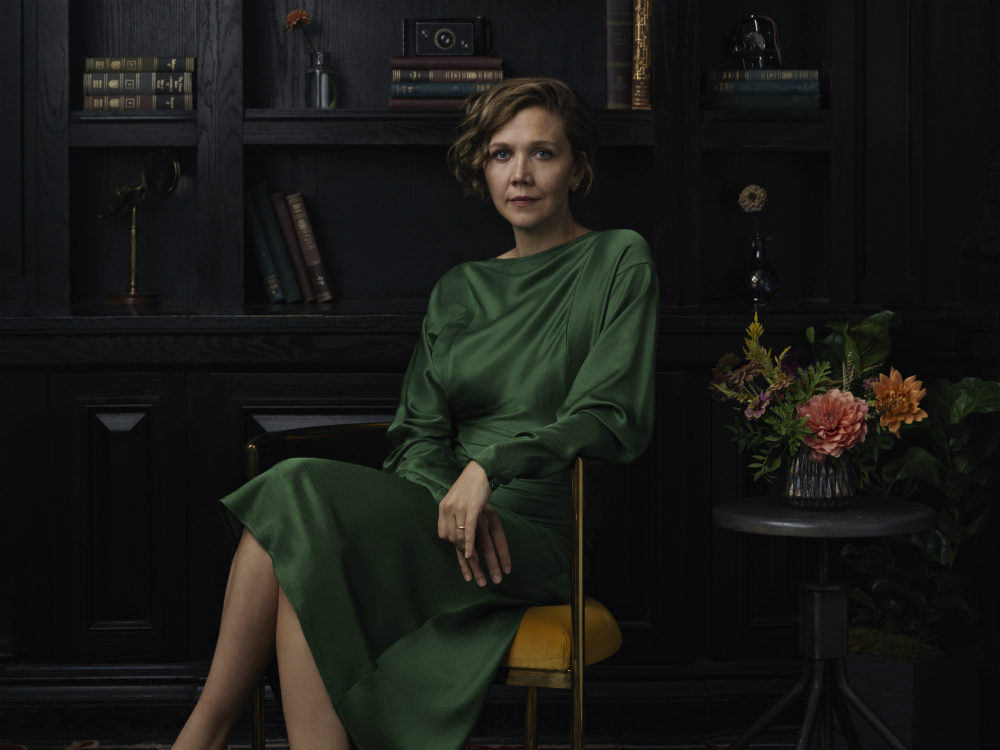
‘Woolf says we need money and a physical space of our own, she explained. ‘But I think she also means you need space in you mind; you need the luxury of having space in your mind in order to express what’s inside it. So this project is symbolic in a way.’
Speaking of the brainstorming process with Amanda Altree, Senior Director at Autograph Collection Hotels, Maggie recalled: ‘I was like “you guys are a hotel group, what about you give as a prize to the chosen female winners a room in one of your hotels to do their work for one week and let’s see what’s in their mind and truly create expressionism.”’
The three powerful female screenwriters handpicked last year from Hollywood’s Black List for Autograph Collection Hotels’ residency programme by Maggie herself are Sarah Jane Inwards, Amanda Idoko and Chiara Towne - three undoubted big names for the future.
Marie Claire Newsletter
Celebrity news, beauty, fashion advice, and fascinating features, delivered straight to your inbox!
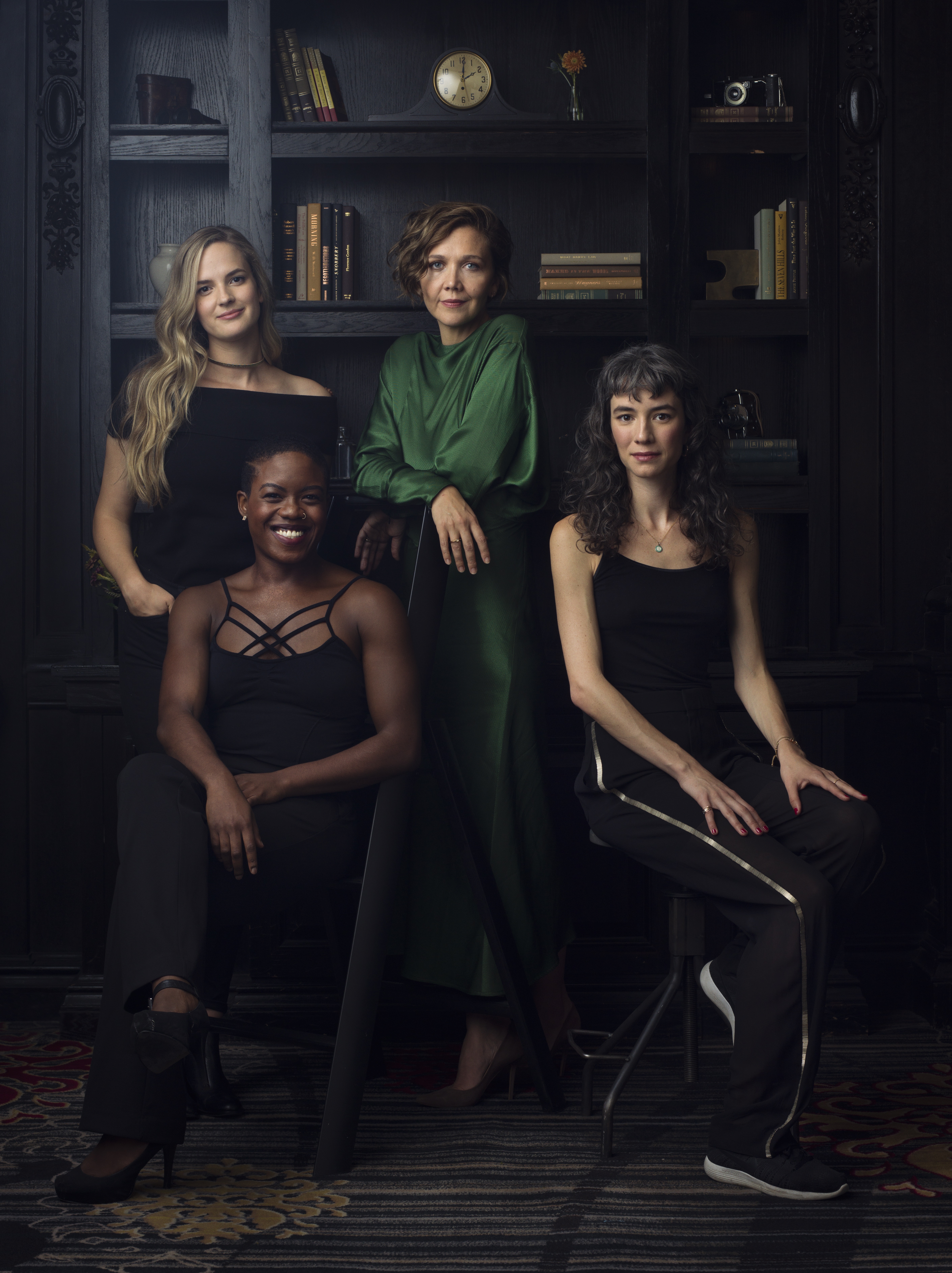
Marie Claire Junior Digital News Editor Jenny Proudfoot flew out to the Toronto International Film Festival to sit down with Maggie Gyllenhaal and talk about the need to support female filmmakers…
Have you been discriminated against as a woman in film?
I think we are so used to being discriminated against that we don’t even notice it. That’s what’s interesting about this particular moment in time - we are waking up to things many of us have accepted for most of our lives and saying “You know what actually that didn’t feel good, that isn’t right, I won’t accept it anymore”. I’m sure there are so many other things that are happening all the time that we don’t even notice, because we have swallowed them for so long.
How does The Kindergarten Teacher play into this?
Well, this is actually what The Kindergarten Teacher [the independent film Maggie debuted at TIFF] is about. It’s about a woman who twisted herself around and swallowed so much for so long that she has literally lost her mind. If you want to know the consequences of starving a woman’s mind, that’s what The Kindergarten Teacher is about. This screenwriter project however is the opposite of that.
How much support have you found is already out there for female screenwriters?
I think everything’s changing right now. I think it’s an amazing opportunity at the moment. I mean, basically every director except one on The Deuce was a woman and our writers’ room was half women half men. It’s interesting that sometimes the money lags a little, so you have to have an enlightened person in charge of the money to actually have the follow through. But there is a demand. When we took The Kindergarten Teacher to Sundance, it was when this was all bubbling up and everyone was saying ‘We want movies about women, for women, by women’. We were like ‘here we go’. Sarah won Best Director, we got great reviews but it didn’t sell. And I was like ‘Oh woah, what’s going on?’ Ultimately Netflix bought it and we’re so thrilled, but it took a minute. Everyone sort of went ‘Wait, are we really allowed to shift and make this the movie that we’re gonna get behind? Is it ok that this is different?' It’s an interesting time.
How do we keep the conversation of misogyny in film going?
I think that most women I know have a deep investment in keeping the conversation going. It’s an emotional, visceral interest. And we’re half of the population, so I don’t see how that conversation stops. But one thing I hope is that women who have slightly different ideas about how to take on the place we’ve found ourselves in don’t take each other down. I hope that we support each other, even if we don’t agree on our next move.
Talk me through the significance of Virginia Woolf’s work to this project...
I had been reading A Room of One’s Own so it was on my mind and the thing in particular that struck me about it was this idea that just because it’s a woman writer doesn’t make it an actual expression of something feminine, that we live in a male world. Not just in 1928, when Woolf was writing but now it’s obvious no matter how much we wishfully think the opposite, we live in a misogynistic world. And so just being a woman doing your work doesn’t necessarily mean that you are able, having grown up in that world, to express that femininity in yourself. Woolf talks about that in terms of Charlotte Bronte hiding her writing underneath her sewing books and her anger, rage and sadness at the situation she finds herself in ploughs her writing. It makes me think about what is feminine in filmmaking. Just because a woman is writing, just because a woman is directing, it doesn’t meant that the product is an actual (as Woolf uses the phrase) whole and entire expression of the feminine mind.
Do you feel that women approach the writing of female characters in a different way to men?
I mean look, I don’t want be reductive about it, I don’t want to be reductive about anything. Let’s take The Honourable Woman for example. For me, I’m really proud of that expression of that female person and I feel like it is very operatic but I also think fundamentally it’s a very realistic depiction of the feminine experience, written and directed by a man who is very deeply interested in observing women. I think Tolstoy observed women beautifully. But then there are things that Elena Ferrante for example expresses in her books that I have never heard expressed before. She writes the experience of so many women and I think that’s why her work was such a phenomenon.
How did you respond to such an accurate portrayal of women?
I mean, my experience of reading Elena Ferrante’s books was like ‘Oh my god, what’s wrong with this woman?’. Then I actually really related to her and thought something was wrong with me. And then it resolved into the thought that maybe this is a common human experience that just isn’t expressed. It is so comforting to see something human being expressed that you not only relate to but haven’t heard expressed before. It’s an incredible experience.
How important is it for female screenwriters to have a room of their own in terms of this project?
Oh wow. Even if it’s just a week - I mean, God, for me a week, in a room, by myself to do my work. In some ways it’s symbolic and in other ways it’s just straight up amazing.
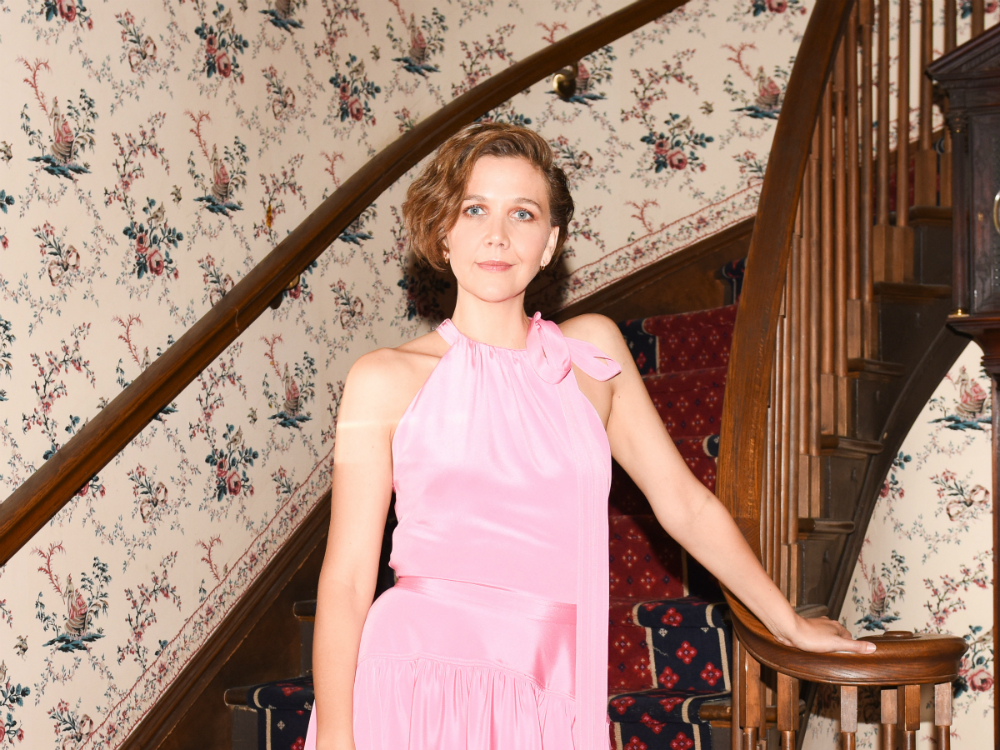
Visit Autograph Collection Hotels’ Indie Film Project for more information or follow #ExactlyLikeNothingElse.
With more than 150 independent, one-of-a-kind hotels in the world’s most desirable destinations, Autograph Collection Hotels is a diverse and dynamic portfolio that champion values of vision, design and craft. Exactly like nothing else, Autograph Collection Hotels are hand selected for their rich character and uncommon details each celebrating the founder’s passion, thoughtfulness of design, inherent craft and connection with the locals.

Jenny Proudfoot is an award-winning journalist, specialising in lifestyle, culture, entertainment, international development and politics. She has worked at Marie Claire UK for seven years, rising from intern to Features Editor and is now the most published Marie Claire writer of all time. She was made a 30 under 30 award-winner last year and named a rising star in journalism by the Professional Publishers Association.
-
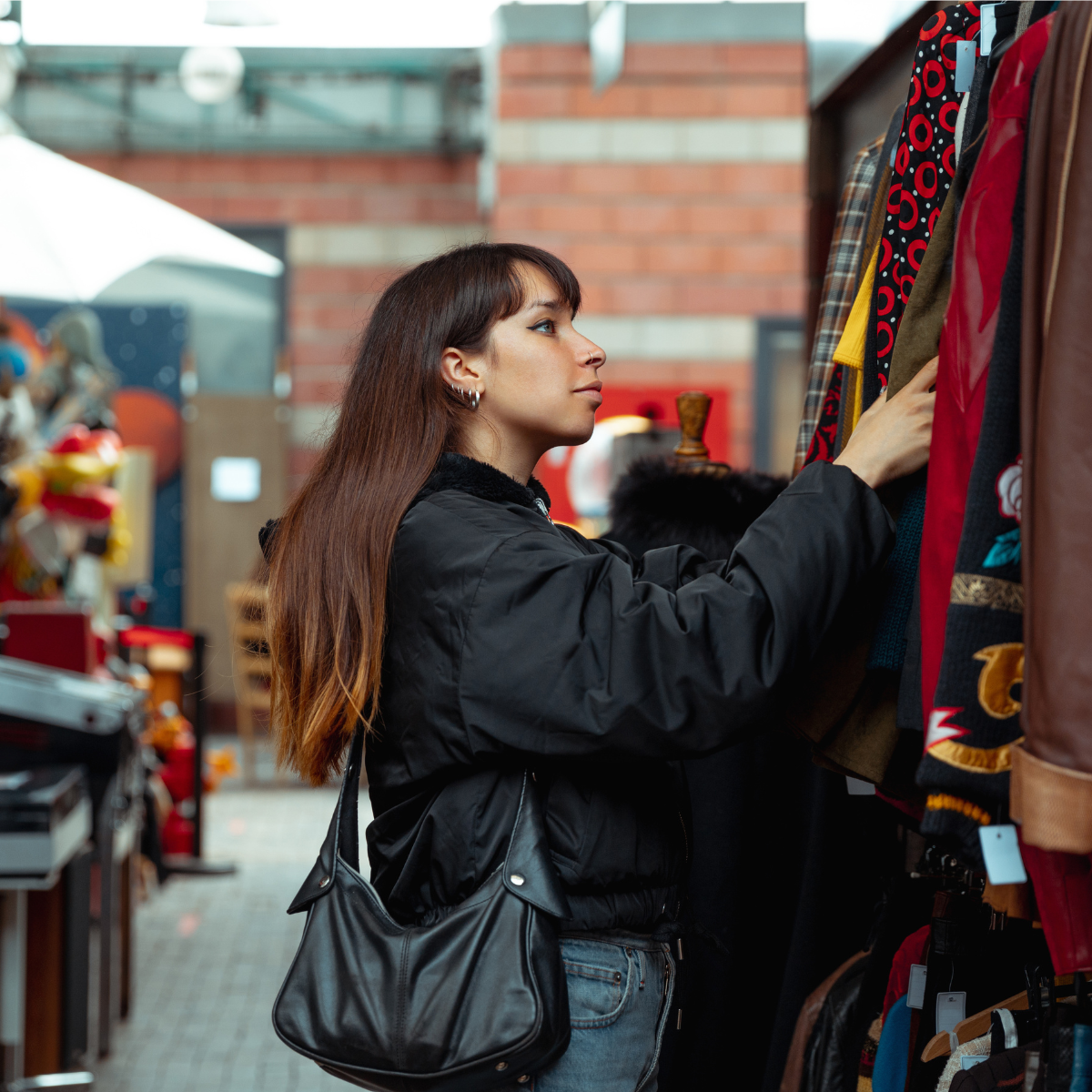 Vintage sales, flower festivals and unique brunches - 7 fun and frivolous things to do this bank holiday
Vintage sales, flower festivals and unique brunches - 7 fun and frivolous things to do this bank holidayBy Jadie Troy-Pryde
-
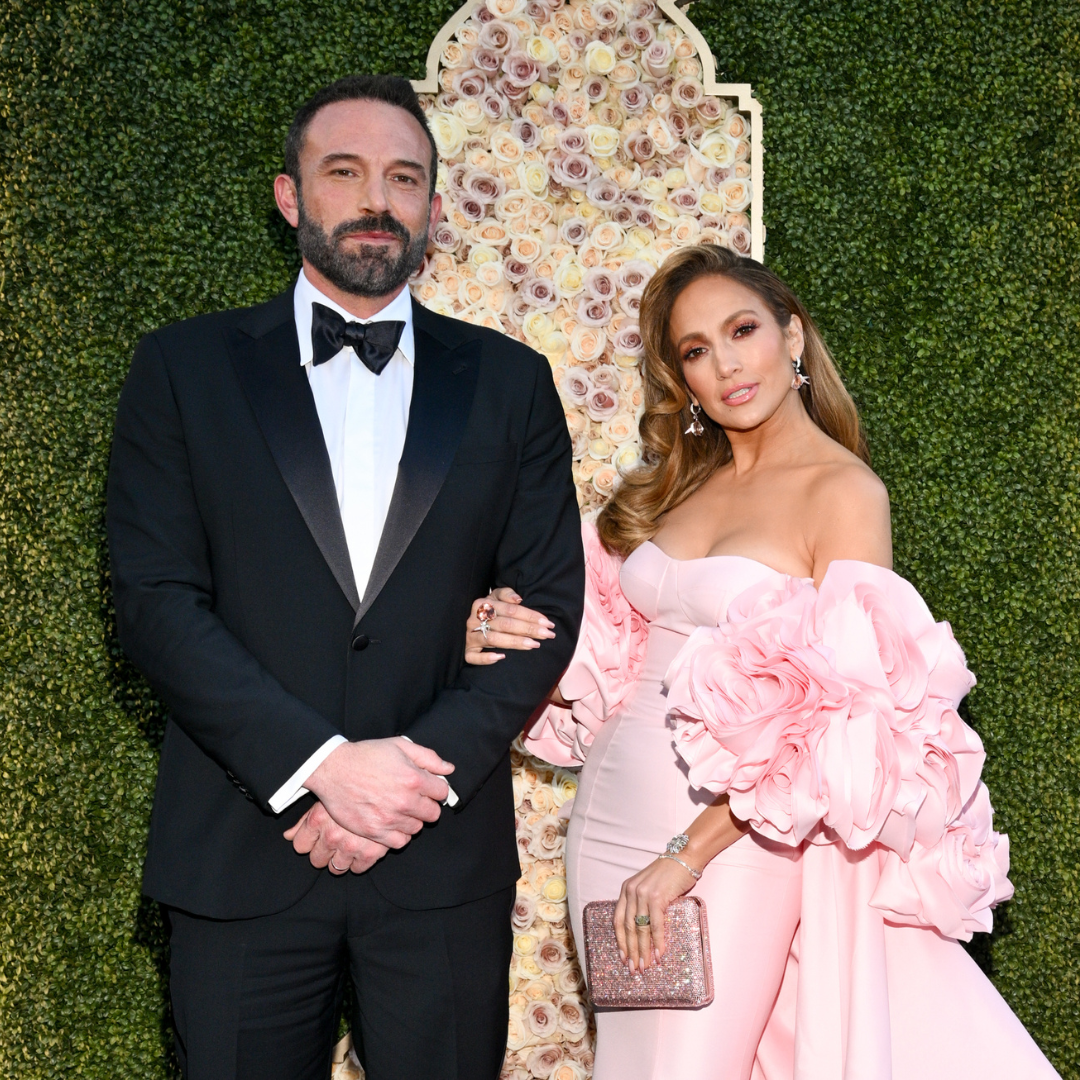 How Ben Affleck feels about dating after his divorce from Jennifer Lopez
How Ben Affleck feels about dating after his divorce from Jennifer LopezHe's taking it slow
By Iris Goldsztajn
-
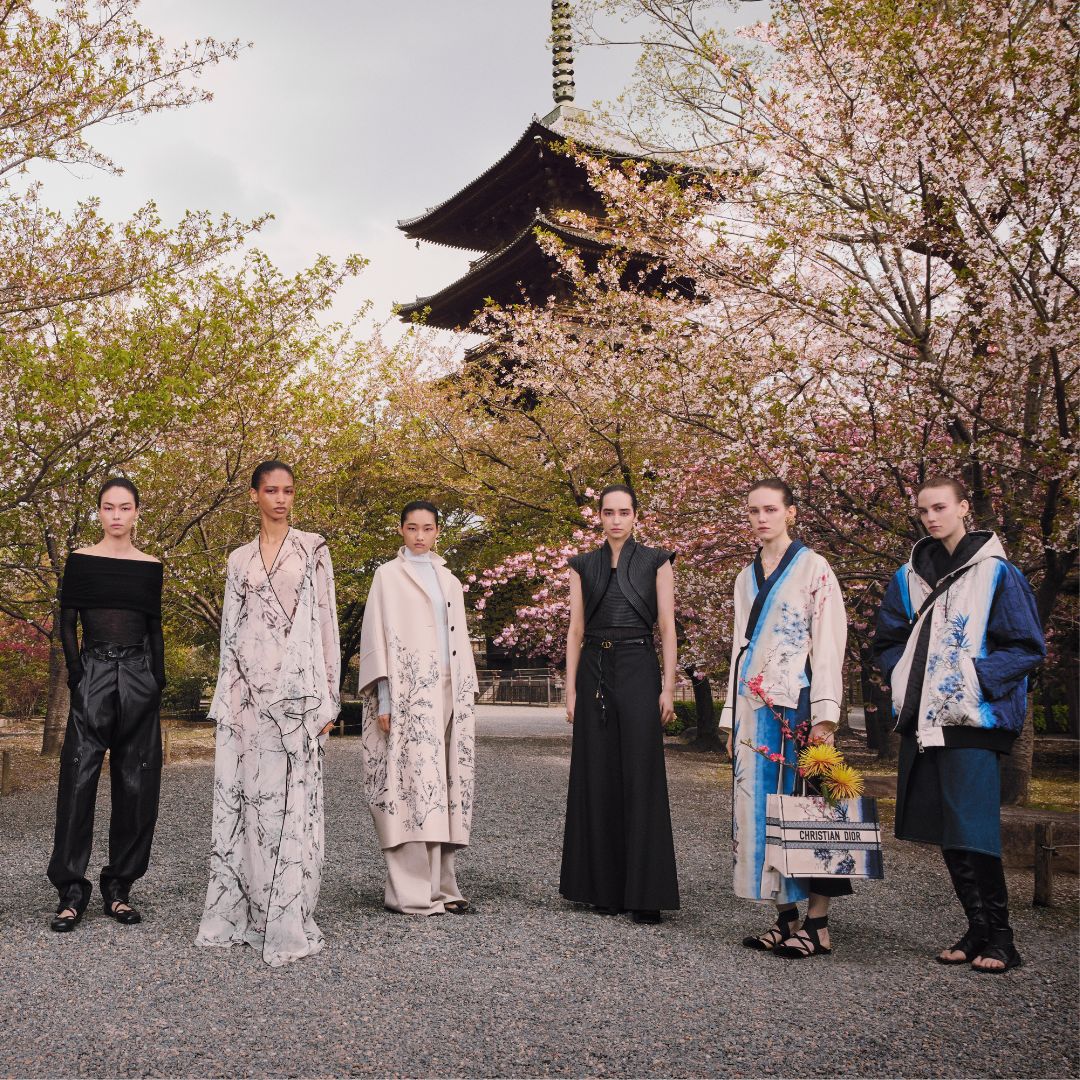 Dior travels to Kyoto for a cherry blossom-inspired fashion show
Dior travels to Kyoto for a cherry blossom-inspired fashion showHere's everything you need to know
By Clementina Jackson